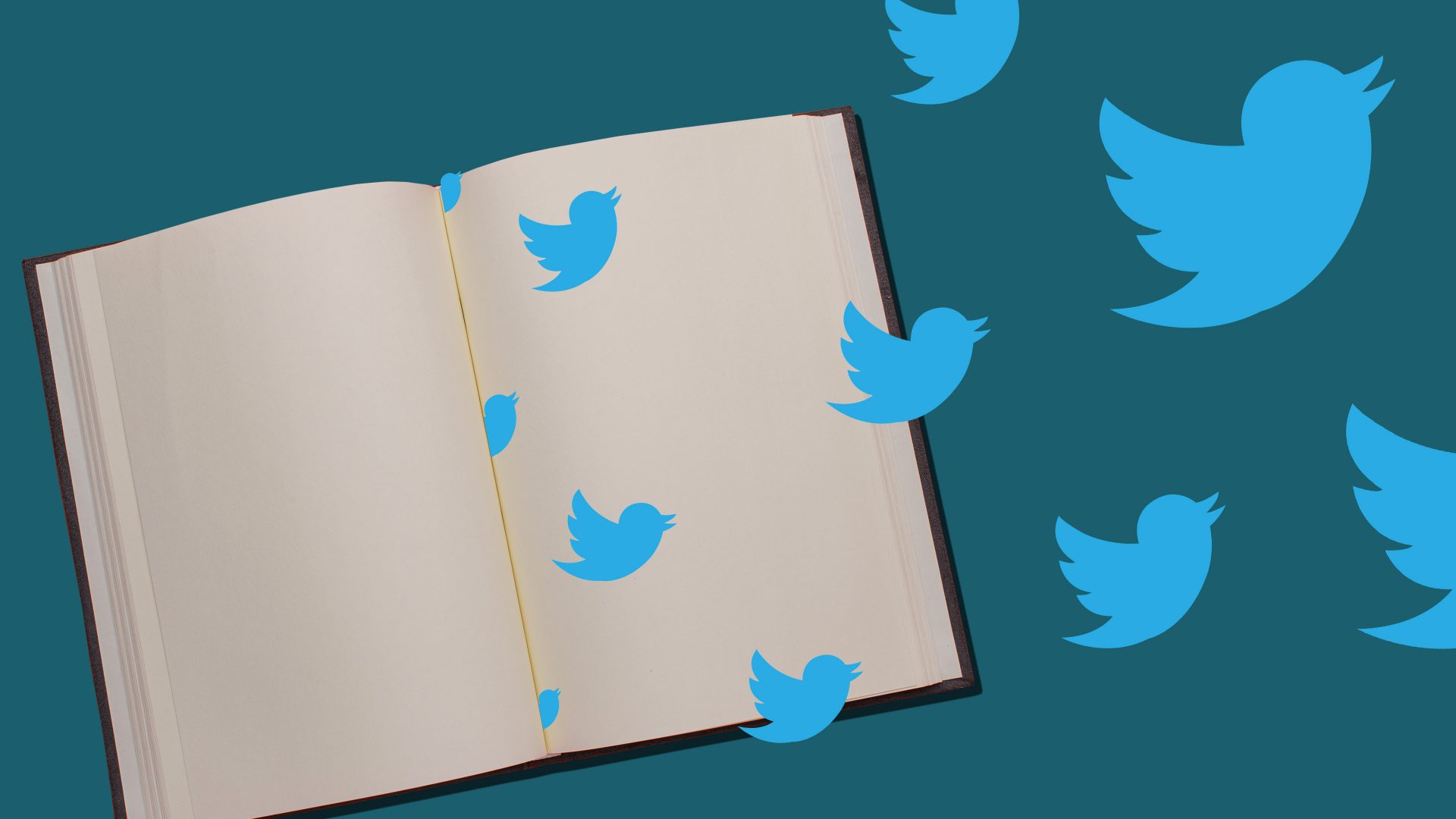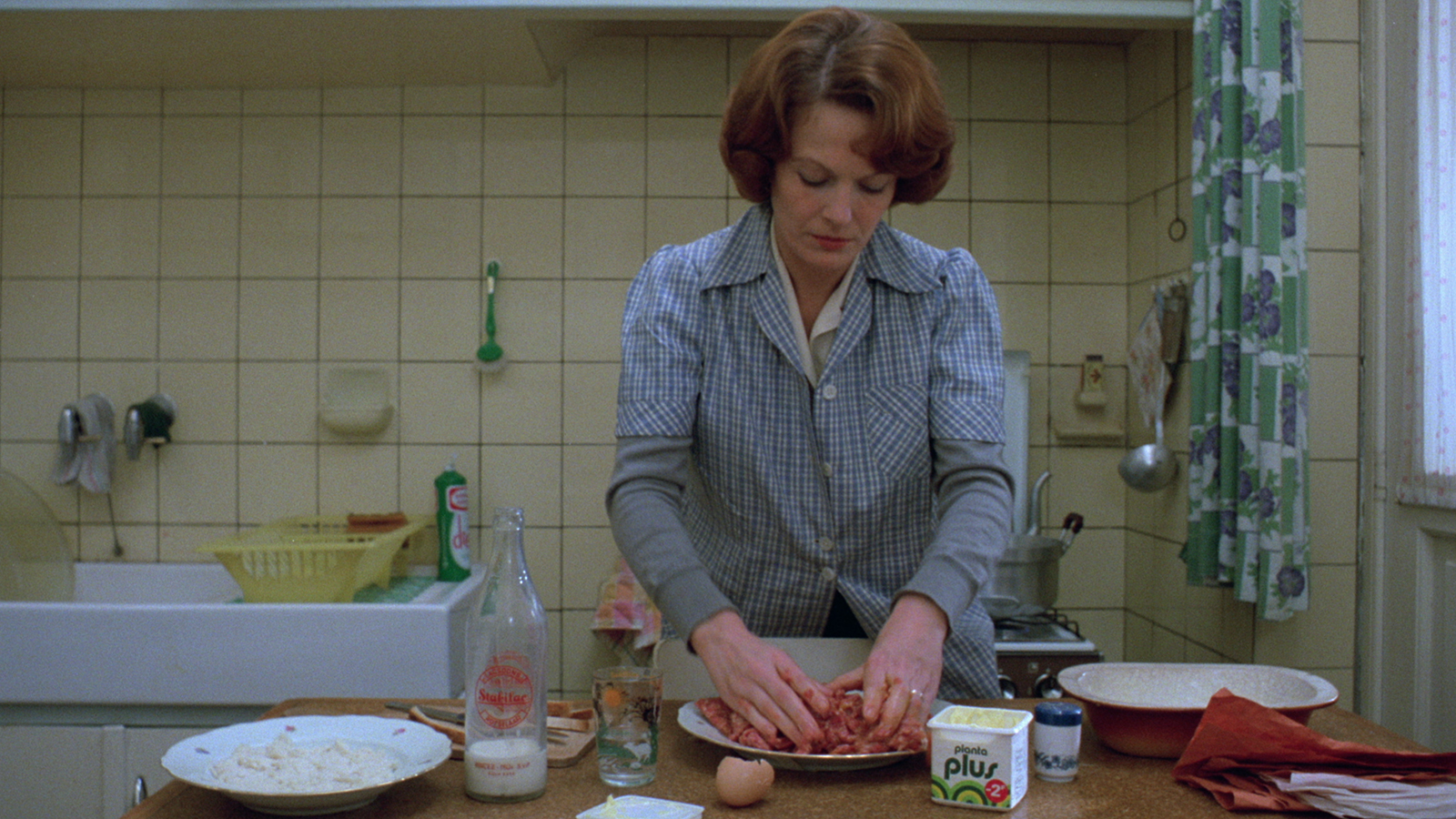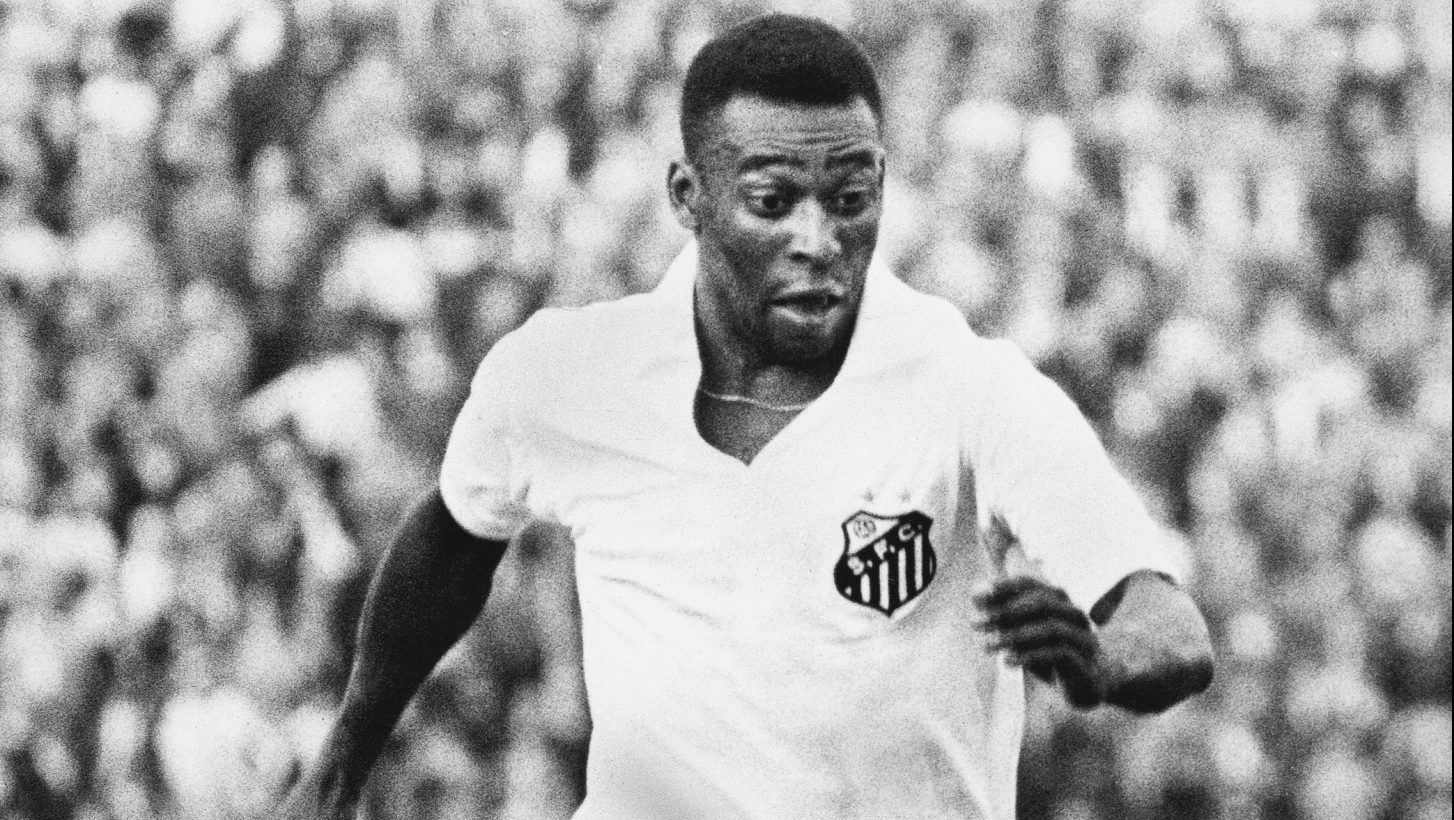If there is anything positive to come out of Elon Musk’s recent purchase of Twitter it’s the confirmation that having tons of money doesn’t necessarily make you clever or witty. Most of us knew this all along, or at least strongly suspected it, but it was good to have it rubber-stamped.
To stand out in the great circus of social media – to appear before the crowd as the fire engine, careering into the ring with bells sounding and clowns swinging from the ladders – certainly takes something. But it’s nothing to do with either brains or a whizzbang sense of humour.
But then maybe I’m just grumpy at how the velocity of post-Musk Twitter’s decline looks more and more like a death spiral, because the end of Twitter would have serious implications for almost every aspect of the book world.
There has been a noticeable laundering of Twitter history since the Musk takeover and it’s been strange seeing people lamenting the disappearance of what by all accounts was a utopia of civilised discussion and sensible discourse with zero tolerance for bullying and a swift yet fair system for banning undesirables.
Twitter has always consisted of a load of people milling about having a gazillion conversations and arguments and the sheer numbers involved mean that some particularly noisy people with terrible opinions will rally the gullible, needy and easily-exploitable behind them and send them off to pick on those in the crosshairs of those terrible opinions. The outcome can
never be anything but utterly deplorable and Twitter’s history is riddled with utterly deplorable outcomes.
Musk’s colossal oafishness at the controls shouldn’t disguise the fact that swathes of the Twittersphere have always been absolute cesspits, responsible for some of recent history’s most egregious political events and outcomes, not to mention the bullying, abuse and harassment. We don’t need to rewrite Twitter’s history to appreciate how emphatically Musk steps on a rake every time he makes a decision or sends a tweet.
But Twitter has never just been about its vicious gobshites. Most of Twitter is absolutely fine, a place where people share interests, jokes, opinions, memes and knowledge without anyone feeling obliged to stink the place up.
Twitter is a valuable forum for authors, for example. Most of us sit at home on our own clattering frantically at the keys, eating fistfuls of Wotsits and considering a giant Milky Bar to be an acceptable evening meal. OK, that could just be me, but it is a solitary business devoid of much in the way of human interaction, which is partly why so many authors embrace Twitter.
Until the advent of social media, writing a book was a process of two hugely contrasting phases. To start with it was just you, months spent with just the voice inside your head and the glow of the computer screen. Then came a brief interregnum when you consulted your editor over possible changes, cuts, additions, those libellous rants about people who’ve wronged you etc, but when the book was published and sent out into the world, suddenly it was no longer yours and a curious silence would descend. A scatter of reviews in newspapers perhaps, positive ones if you were lucky, but that creation you spent months alone with, nurturing, honing and shaping? It was gone for ever. It belonged to other people now.
Twitter changed all that. Suddenly authors could not only talk about their books directly to readers and potential readers, their readers could talk directly to them, too. While that might have been some writers’ worst
nightmare, for most of us it was terrifically egalitarian. The nature of writing books makes the author aloof whether they want to be or not. Twitter abolishes that gulf.
Such interactions are great for midlist nobodies like me, but for many readers there was the very real opportunity to communicate directly with some of the best-known authors on the planet, some of whom proved naturals at Twitter. Margaret Atwood (@MargaretAtwood) took to the app with enthusiasm, combining concise political and literary commentary with snippets of everyday life (“What wonders the compost bin is revealing, and who put in that avocado pit?”) while Roxane Gay (@rgay) does likewise: “Lyin’ ass recipe talking about ten minutes for onions to caramelize,” she tweeted last week.
Ian Rankin (@Beathhigh) has always been happy to engage with his readers on Twitter. Irvine Welsh’s (@IrvineWelsh) feed is pure, unadulterated Irvine Welsh and everyone enjoyed Stephen King’s (@StephenKing) exchange with Musk when the Tesla supremo thought a writer who has sold more than 350m books was quibbling over the monthly price of keeping his blue verification tick rather than protesting against the principle.
It’s not just a forum for authors to hawk their wares, either. Independent bookshops have also carved out invaluable presences on the platform. Faced with the twin challenges of competing with the high street chains and Amazon, being able to assert a shop’s personality online can work wonders. Dublin’s Gutter Bookshop (@gutterbookshop) is a veteran of engagement and generous tweeting that has helped it to become one of the most successful shops on these islands. The Bookshop in Wigtown (@WigtownBookShop) developed a large following thanks to the often irascible tweets of owner Shaun Bythell that as well as boosting business led to his writing three books of his own.
Customers can rally round when necessary, too. In 2020 the Petersfield Bookshop (@The_PBS) sent out a melancholy evening tweet announcing they’d made not one sale that day, either in person or online. The message was retweeted more than 8,000 times, swamping the shop with online orders and in-person visits. Similarly in 2017 the Big Green Bookshop (@Biggreenbooks) in north London tweeted that business was so bad they were six days from going under. Hundreds of retweets and a slew of orders later the shop was saved and flourishes today in a new, improved location.
It’s a similar story with indie publishers. For them, Twitter is the perfect place to announce new titles and build an audience that would otherwise require a marketing budget way beyond their means: I can think of more than one imprint that might not still be with us but for the community they’ve built on Twitter.
It’s not for everyone, of course. Plenty of very successful authors have no Twitter presence at all.
A decade ago Jonathan Franzen was railing against the “unspeakably irritating” platform, comparing it to Kafka deciding to “make a video semaphoring The Metamorphosis, or it’s like writing a novel without the
letter ‘P’. It’s the ultimate irresponsible medium”.
Franzen might be a pompous old grumpychinos, but Twitter can be a huge time-stealing distraction for sure. I opened it just now, for example, to see how many tweets I’ve sent and it’s now half an hour later because I started reading interesting stuff and completely forgot why I’d gone there in the first place.
Anyway, I’ve sent nearly 48,000 tweets since joining in 2009, it seems. Yikes. A chunk of those will be retweets, but if I’ve written, say, an average of 10 words per tweet that’s nearly half a million words, the equivalent of writing five decent-sized books.
Yet my experience as a writer on Twitter has been overwhelmingly positive and I don’t begrudge wafting all those words into the ether. I’ve discovered brilliant books I would otherwise have missed and connected with other authors and readers in ways that have blossomed into genuine friendships. I’ve appeared at events and been commissioned to write things that have introduced my work to new audiences entirely thanks to Twitter. Its character limit has also made me think a lot more about my own phrasing and vocabulary choices so, who knows, tweeting might even have made me a better writer.
Yet barely a month into the Musk era already it feels like a different medium. Follower counts are falling as people jump ship, especially since the reinstatement of a stampede of shouty blowhards who were kicked off the platform back when you had to work really hard at being a tosser to earn a permanent ban.
Even those of us who filter out much of the madness and keep our feeds bookish are noticing the results. One of my favourite literary Twitter follows
was @MobyDickatSea, a bot tweeting several random lines from Herman Melville’s whaling classic every day. Sometimes a phrase would be accidentally topical, others it was just something weird about sperm, but its
bitesize snippets from one of the world’s greatest novels were always a welcome distraction among the distractions. That decade-old account had stopped tweeting within days of the takeover.
An account purporting to be William Shakespeare (@Shakespeare) makes a
pertinent point, tweeting “Should this site collapse like the tulip-bulb-based
investment vehicle it so oft resembles, thou canst find me upon my favourite
platforms: libraries, bookshops, the living stage”, while a Geoffrey Chaucer
account (@LeVostreGC) asks “What ys the most hilarious thinge yn the worlde and why ys it a celebritye billionaire confusinge the revenue for a commercial platform wyth free speech?”
When you’re snubbed by literature’s greatest whale and dragged by both the Bard and the father of literature in English, something is definitely amiss.
It’s easy to be flippant about Twitter and blasé about its possible demise, but for countless authors, bookshops, publishers and readers the platform has been a combination of marketplace, lectern, shop window, sounding board, book festival, cyber-pub and real-world social network.
Most of all it’s been inspiring; a source of feedback, constructive criticism, recommendations and advice, a valued forum where ideas have been born and writers made. It could still be that. Please let it still be that.




